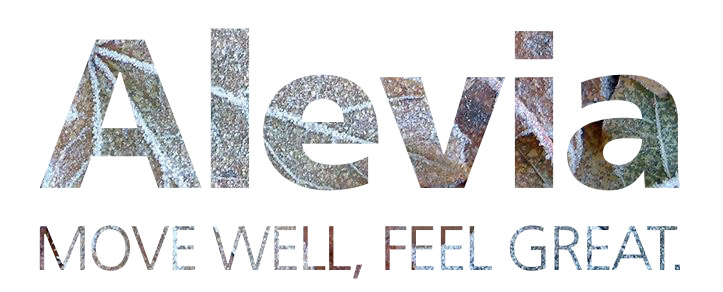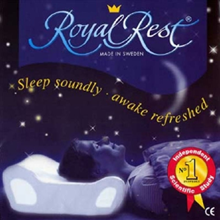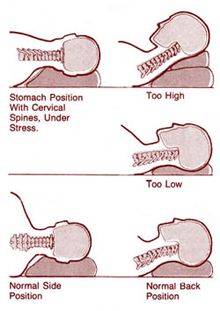Sugar. Are you addicted?
It’s everywhere you look …’beware sugar’, ‘sugar, the new crack cocaine’, ‘is sugar toxic?’ …I don’t know about you but I’m starting to think about the sugar in my diet! Even the BBC are doing a 4th series of ‘Trust Me, I’m a Doctor’ on some great health topics, including those around sugar; in addition to an entire episode on ‘The Truth About… Sugar’.
So what really is the deal with the great sugar scare this year? I’m certain that we can safely say that we all know too much sugar in our diet is not healthy, particularly refined sugars. But now coming into the mix is the subject of fruit sugars – fructose. Also, all carbohydrates (even the ‘healthy/low GI’ ones) break down into sugars and we know that the brain needs glucose to function properly.
What a confusing picture …’sugar’ in our diet cannot be avoided and our body needs it, so the real questions are… how much sugar is too much, are some sugars better for us than others and what happens if I eat too much? …apart from an increase in waist circumference!
There is much truth surrounding the issues being discussed around sugars, however, something that is currently being researched is that each of us metabolise sugar differently and therefore the effect of sugar on our body is different also. So in one person, eating a bowl of rice may massively spike insulin levels in the blood whereas another person may have a smaller insulin spike. Regular and repeated insulin spikes increase the work load on the pancreas and increases the likelihood of developing diabetes along with other health issues.
First things first, we need to assess how much sugar and the type of sugar we actually consume, that includes the hidden ones. You need to know that sugar comes in may forms, the most common types end in ‘ose’ …glucose, sucralose, fructose, dextrose; and others are more obvious, examples being cane sugar, agave, honey and corn syrup. We need to become way more savvy with nutritional and ingredients labels to truly assess the added sugars contained in our foods. Watch out, low fat usually means high sugar!
Sugar addiction is no myth and is fast becoming an accepted problem. The science behind the physical and psychological aspects of addiction are sound and sugar is right in there along with smoking and recreational drugs. Just look at the common symptoms of addiction and you may be surprised to have some if not all of them…
Withdrawal: if you give up sugar completely you will likely suffer from cravings and headaches until your body learns to cope with out it.
Addiction continues despite awareness of health problems or implications: we all know the health problems associated with excess sugar yet we still eat far too much of it.
Maintaining a good supply: who doesn’t have a stash of chocolate, ‘just in case’.
Obsession: once we crave and fancy a bit of the sweet stuff, we are usually on a mission until we are holding it in our hand!
Excess consumption: once you start, you just can’t stop – sound familiar?
You may find it insightful to look at the effects physically and mentally, as documented on ITV’s ‘Sugar Free Farm’ – some are rather surprising!
In my personal opinion, if you have regular added sugar everyday it no longer becomes a treat but actually part of your diet!
Best sugar reduction policy: buy fresh vegetables, fruit, meat and fish, cook from scratch and eat more whole grains in place of breads. Not only will you dramatically cut down added sugars but your vitamin and mineral consumption will increase too. If an investment of time and effort into your health is not a priority, it’s going to be very tricky to enjoy quality of life later down the line, without being propped up with a bag of medication and a stick.
Discussions in the media:
‘Make A Tax On Sugar Top of the Health Agenda’ Guardian
‘Parents Urged to Get Free Sugar App to Check Products’ BBC
‘Sweet Poison: Why Sugar is Ruining Our Health’ Guardian
‘Do You Know How Much Sugar You Eat?’ BBC
RESEARCH AND RELEVANT ARTICLES:
‘A Systematic comparison of Sugar Content in low fat vs regular versions of food’
2016 Nutrition & Diabetes
‘The role of nutrition labels and advertising claims in altering consumers’ evaluation and choice’
2016 Appetite
Chiropractic Tips for Winter Wellness
It’s that time of year again …shoveling up fallen leaves, frosty mornings and the threat of snow (perhaps) is just around the corner!

Wrap up warm
When there is a chill in the air – always keep yourself wrapped up warm. Particularly your neck and around your waist! Wear a scarf to protect your neck from any draughts, make sure your jacket protects and covers your lower back and tuck in your vest!
Dry your crown
Did you know that you lose most of your heat from your head? Did you also know that when your hair is wet this accelerates heat loss – remember when your grandmother told you if you go out with your hair wet you’d catch a chill – well, it’s definitely more likely, so always dry your hair!
Don’t tread on thin ice
Watch your step!
> Walk slowly and shuffle with your feet close to the ground, arms extended to your sides if you need extra balance.
> Wear insulated, anti-slip footwear with rubber tread.
> Stick to well-lit, well-maintained pathways and if you must walk in the street, be sure you are visible to cars.
> Always be able to see where you are walking. If you are carrying packages, you might miss a slippery patch of ice if you can’t see directly in front of you.
> If you do take a tumble, try to relax and fall on your side.
Shovel with care
Watch your posture when shoveling and invest in a good quality and ergonomic shovel – An over sized, ridged grip handle will give you a more comfortable and secure hold. Try not to stay hunched over when shoveling, straighten up your back and reduce that stress on your spine.
Stay fit and active
As tempting as it is to ease off the exercise regimen …now is definitely not the time to back off. Keep active, keep supple and remember that at the very least – exercise is great for warming you up and getting the circulation going again. You will also benefit from the feel good hormones at this gloomy time of year.
Take Home Message
Keep moving, keep warm, keep dry and keep upright!

Natural Flu Treatment & Prevention
According to the Centers for Disease Control and Prevention (CDC), the flu bug is constantly changing…
5 Surprising Winter Health Tips
5 simple suggestions anyone can do easily and inexpensively to stave off the winter blues and sniffles…
8 Reasons why Chiropractic is the Best Treatment for Auto Injuries
Millions of people are injured in car crashes each year in the US, and many of these “minor” collisions result in long-term symptoms and disability…
A Disc Bulge Does Not Always Correlate to Pain
Diagnosed with a herniated disc? This often causes an individual to believe that their back or neck pain is attributed to a disc bulge..
Jaspreet Successfully Completes Cycle Africa!
Jas wishes a heartfelt ‘Thank you’ to all those who have supported her, pledged and donated to these great causes.















